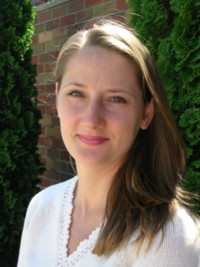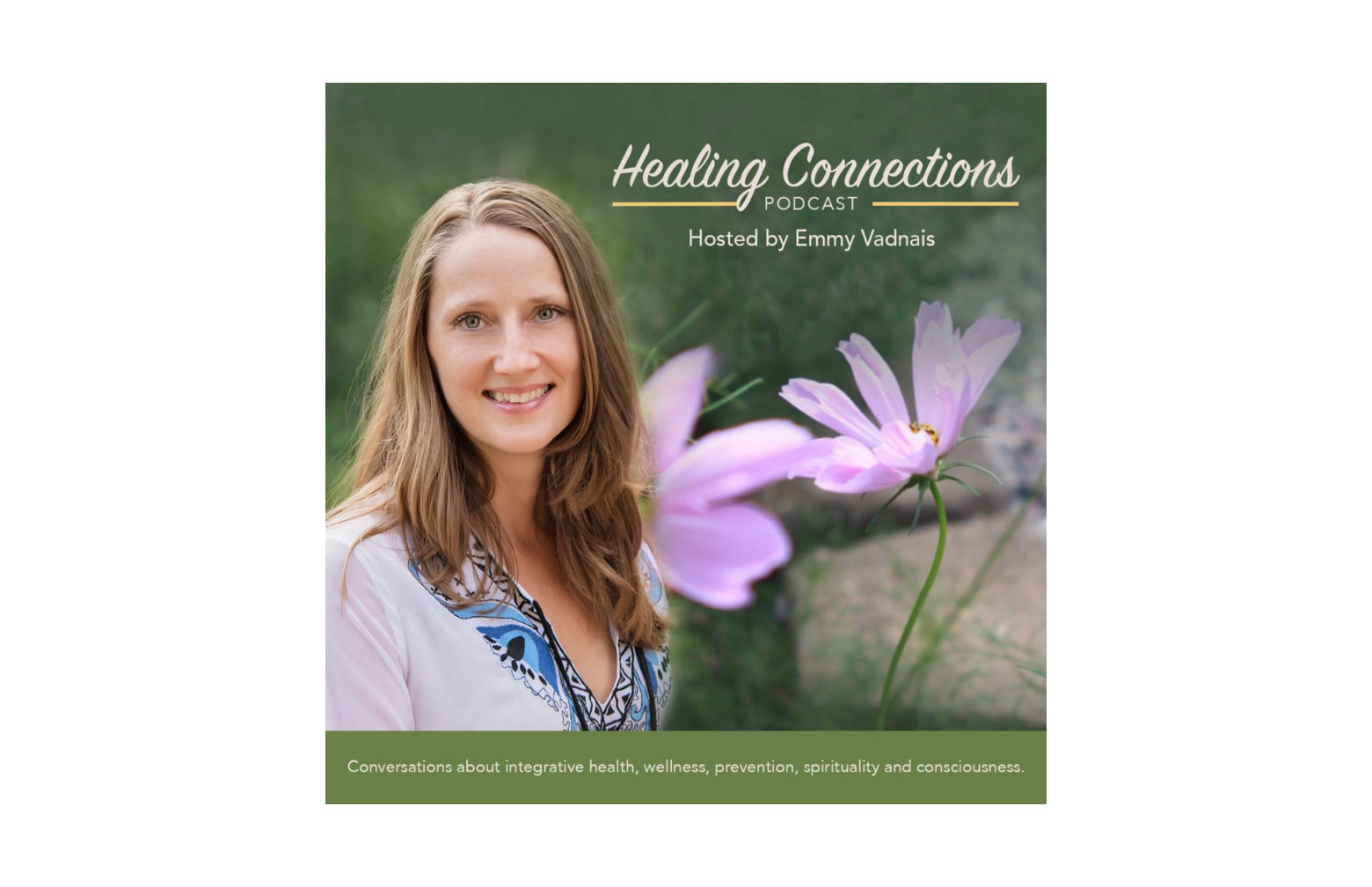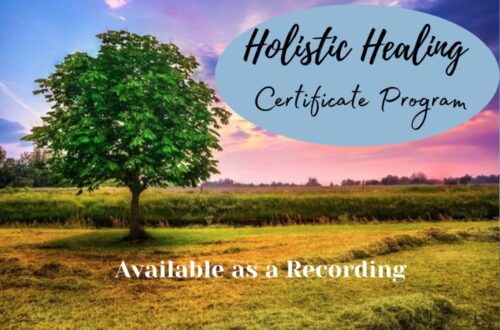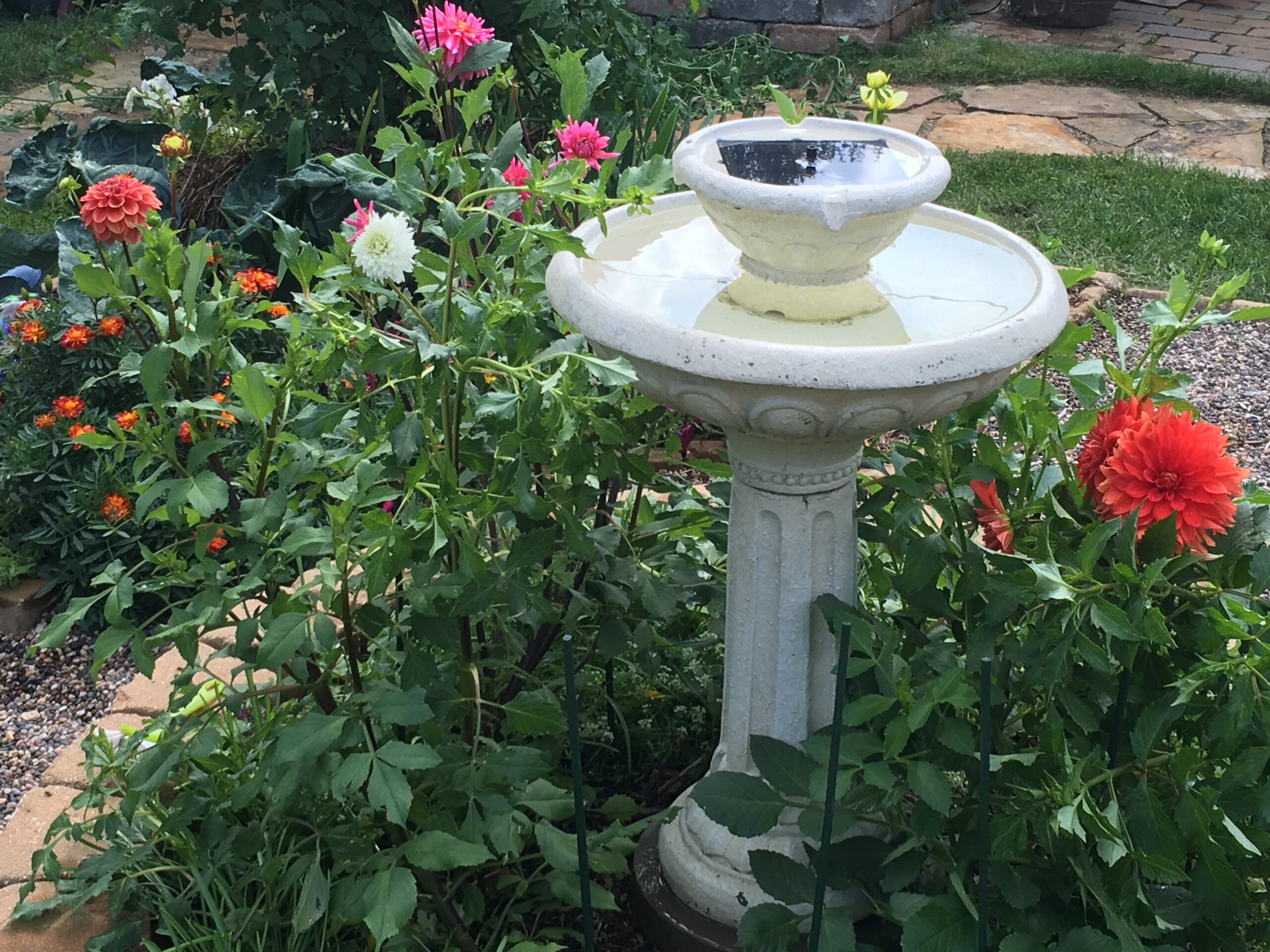
The Power of the Mind in Healing
 Here is an article I wrote for the Holistic OT column in ADVANCE Magazine for Occupational Therapy Practitioners. It highlights how the mind can heal and prevent disease and illness. Enjoy!
Here is an article I wrote for the Holistic OT column in ADVANCE Magazine for Occupational Therapy Practitioners. It highlights how the mind can heal and prevent disease and illness. Enjoy!
New research shows we all have the ability to self-heal and prevent diseases. Mind-body healing can actually “switch on” or “switch off” gene activity or gene expression associated with disease.
As occupational therapists, we can integrate these approaches into our lives and assist our clients with recovery and disease prevention for health and well-being.
I had the honor of interviewing one of the premier mind-body healing physicians and researchers, Dr. Herbert Benson, MD, for this article. His research shows us how we can lower healthcare costs and spending with mind-body approaches and prevention strategies, and save billions of dollars on medications, surgeries, and subsequent care.
The Relaxation Response
I first experienced the power of the mind in healing in a relaxation class I took my senior year in college to satisfy a physical education requirement. I was pleased that I could take a class on relaxation, as I was enrolled with 19 credits and working 28 hours per week. The stress felt like more than I could handle. Each class we were guided through two 20-minute relaxation and meditation exercises. We listened to various recordings by Emmett Miller, MD, from his audio, “Let Go of Stress” and read selected chapters from “Comprehensive Stress Management” by Jerrold S. Greenberg.
We were eliciting the relaxation response, which is the antidote for the stress response that can cause us to fight, flight, or freeze. After each class my mind was clearer, I felt more positive, and I felt lighter in my body. I walked to my next class feeling more calm and joyful with an “I can do this” attitude. I experienced less stress, was better able to cope and concentrate on my studies.
Learning to relax is a life skill. There is so much emphasis on “doing” in our culture. We do need a certain amount of movement, energy, stress, or tension to move us forward in our lives. Stress can enhance performance to a point, but when that line is crossed, excessive stress impedes performance and can cause or exacerbate illness or disease. Fear, worry, anxiety, negative thought patterns, racing heart, high blood pressure, anger, greater vulnerability to pain, and poor sleep, eating habits and lifestyle choices can all be exacerbated by stress. Relaxation can positively affect our physical, mental, emotional, and spiritual health all the way to the genetic level.
The term relaxation response was coined by Benson, Director Emeritus of the Benson-Henry Institute (BHI) at Massachusetts General Hospital, and professor of medicine at Harvard Medical School. He is the author or co-author of more than 190 scientific publications and 12 books demonstrating scientific research on the mind-body connection and the power of the mind in healing. The relaxation response is characterized by lowered heart rate, reduced blood pressure, reduced breathing rate, lowered metabolism, calmer brain activity, an increase in attention and decision-making functions of the brain, increased inhaled nitrous oxide which counters negative effects of the stress hormone norepenephrine (noradrenaline), and changes in gene activity that are the opposite of those associated with stress.
In the 1960s, Benson, a cardiologist, observed his patients’ blood pressures rise when they were in the doctor’s office and lower when it was measured by the patient himself or herself at home or in other settings. He hypothesized that stress was a contributor to hypertension and possibly other health problems. He studied transcendental meditators, yogis, and those reciting prayers (in whatever faith or belief that was meaningful to them). He identified the common variables that one could use to alter physiological states of the mind and body. He termed this the relaxation response, and developed a specific technique one could use (click here to see the Benson-Henry Protocol).
“My goal has always been to promote a healthy balance between self-care and more traditional approaches — medical and surgical interventions that can be magnificent and life-saving when appropriate. However, self-care is immensely powerful in its own right. The elicitation of the Relaxation Response, stress management, regular exercise, good nutrition, and the power of belief all have a tremendous role to play in our healing,” Benson states in his best-selling book, The Relaxation Response.
Power of Belief
Many of Benson’s colleagues believed the relaxation response was merely the result of the placebo effect. Therefore, he began studying the placebo effect and the power of belief in healing. The placebo effect is often dismissed as “it’s all in their heads.” Benson found that the relaxation response was indeed the result of the mind affecting the body.
Benson harnessed the qualities of the placebo effect — a person’s expectation and belief that a certain outcome will result — and calls this remembered wellness – the ability to remember the calm and confidence associated with health and happiness. He encourages people to develop a positive mental picture of the state of good health they want to achieve. This can be accessed more easily after eliciting the relaxation response. It is a form of mental or guided imagery similar to visualization practices used by athletes, for example, who imagine shooting a ball into a basket. The imagined practice can enhance performance and outcomes.
“I first began reviewing the scientific literature on the placebo effect in the mid-1970s, and shortly thereafter began publishing and speaking on its potential therapeutic benefits. Together, with colleagues, I found that in the patient cases we reviewed, the effect I call remembered wellness was 70- 90% effective, doubling and tripling the success rate that had always been attributed to the placebo effect,” he states in his book Timeless Healing: The Power of Biology and Belief.
 |
| Dr. Herbert Benson, MD |
“Belief and expectancy on the part of the patient, belief and expectancy on the part of the health care giver, the physician, the nurse, the therapist and the belief and expectancy that’s engendered by the relationship between the health care giver and the patient is vitally important and so these often can lead to profound healings. For example, one study showed that people undergoing knee surgery, some had the actual surgery and others had simply an incision made without the surgery, but both believed the surgical approach was working and those that had the incision that was only the incision without the operation often did as well as those who had the actual surgery, because there the belief and expectancy engendered the results. So, you see that type of approach could be captured, that is belief and expectancy by what is pejoratively and erroneously called the placebo effect and believed the placebo effect.”
His research shows that belief or faith in a God or Higher Power can also make a significant contribution to health. People who felt a presence of energy, a force, or a power that was beyond themselves had the greatest medical benefit.
Genetic Healing
In his latest book, Relaxation Revolution: The Science and Genetics of Mind Body Healing, Benson and his colleagues have delved further in to mind-body healing. Their research shows the mind can alter how genes express themselves. When asked what has been the most important discovery since he introduced the research of the relaxation response, Benson responded, “I think that perhaps the most important is when you evoke the relaxation response that there are changes in one’s gene activity, and the genes that change are the genes that control metabolism, insulin production in the body, inflammation and the immune system, and the aging of cells. It’s an exciting new field, because one might be able, through blood samples, to determine whether or not the relaxation response would be predictably helpful in various diseases.”
A Healing Practice
When I began practicing as an occupational therapist in skilled nursing facilities and transitional care units, I saw many people debilitated from strokes, cardiovascular disease, cancers, dementia, depression, diabetes and amputations, among other challenges. Many of these people were at the end stages of life, and perhaps it was “normal” for them to have these disease processes occurring. Or was it? I started to contemplate how much of what I was witnessing in these people was the result of stress. I felt that maybe I could help people be less sick by meeting them earlier in their lives and assisting them with their stress. I thought that if they experienced less stress they might not become so debilitated, stay independent longer, and have a better quality of life. This led me on the path of studying and practicing mind body spirit healing — holistic health care.
During my 15 years as an OT, I have studied and practiced many mind-body-spirit therapies. While many of these approaches have their own unique health-giving properties, I now see how the relaxation response can be switched on with meditation, yoga, guided imagery, massage therapy, craniosacral therapy, reflexology, sensory integration, music therapy, aromatherapy, and many other approaches.
I use these approaches for my self care. I teach them to my clients. Through relaxation, meditation, guided imagery, energy healing, intuition, various forms of bodywork, and other techniques, I assist my clients to explore their beliefs that may be limiting them and expand the ones that serve them. Relaxation is the main feature that allows each person to be present and access their own inner wisdom or higher power, and to be in touch with their bodies so they can more easily move through their pain and suffering toward more joy and healing.
My clients report feeling less stressed, more calm, experience less physical pain, can move more easily, and have an improved mental, emotional and spiritual outlook. They feel empowered, because these are activities they can incorporate into their daily lives as self care to enhance their health and well being.
Expanding Mind Body Healing
I asked Benson what he believes will help transform the mindset of our “pill-popping culture” to engage in mind body healing activities. He responded, “I think we have to teach people the importance of the relaxation response through the science and what have you, but also it should be in the school systems. In other words, young children need to recognize that their stresses could be actively combated by elicitation of the relaxation response.” Benson’s colleague Marilyn Wilcher, senior director of the Benson-Henry Institute at Massachusetts General Hospital, has written Grab a Tiger by its Toe, an e-book on helping children manage their stress and promote healthy lifestyles.
Then, I asked him how the receptivity has been from the healthcare community to embrace these approaches and if he has seen it being taught more among healthcare professionals. He commented, “The receptivity has markedly increased over the years, because of the scientific base, and when you recognize that over 60% of visits to doctors are in the mind body stress-related realm that are poorly treated by drugs and surgeries, this becomes quite important. Even more important, perhaps, from the point of view one could save money in healthcare, because you would be using a scientifically proven approach that is the relaxation response, and it would decrease, we believe, office visits to physicians, and physicians have more and more accepted this and it’s now being frequently taught in medical schools.”
The relaxation response and remembered wellness are techniques that we can practice ourselves and teach to our clients. It is recommended that you have taken meditation or relaxation training courses before sharing these techniques with others. Enjoy the personal benefits and successes for your clients.
To connect with other OTs interested in and practicing holistic approaches and to learn more, join us once a month for our holistic OT phone conversation. Ask to join the e-mail list at [email protected] to receive updates on Holistic OT. Please ‘like’ our Holistic Occupational Therapy Facebook Page and join the conversation on-line at the Holistic Occupational Therapy Group page on Facebook. We look forward to connecting with you!
Emmy Vadnais, OTR/L, is certified in many mind, body, spirit healing techniques. She teaches mind, body, spirit healing to health care professionals and is in private practice in St. Paul, MN. She can be reached at [email protected] or http://emmyvadnais.com/.
References
Benson, Herb. Interview. February 15 and 21, 2013.
Benson, Herb (1975). The Relaxation Response. New York, NY: William Morrow and Company, Inc.
Benson, Herb & Proctor, William (2010). Relaxation Revolution: Enhancing Your Personal Health Through the Science and Genetics of Mind Body Healing. New York, NY: Simon and Schuster, Inc.
Benson, Herb (1996). Timeless Healing: The Power and Biology of Belief. New York, NY: Simon and Schuster, Inc.
Greenberg, Jerrold S. (1995). Chapters from Comprehensive Stress Management. Dubuque, IA: Brown and Benchmark Publishers a Division of Times Mirror Higher Education Group, Inc.



